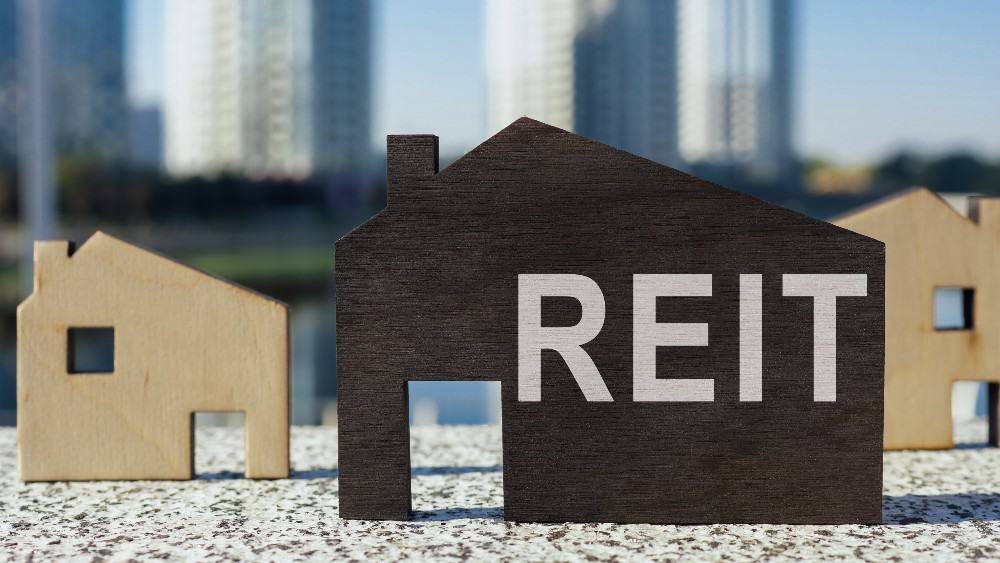The rising interest rate has made buying properties expensive, reducing property value. But rising inflation is increasing the rent of properties, thereby increasing net operating income (NOI). A combination of rising inflation and interest rate has created an opportunity for real estate investment trust (REITs) to increase their capitalization rate. This rate is the percentage of income a commercial property generates against its fair value.
Is now a good time to buy a REIT stock?
The stock market has responded to the falling property prices, causing a dip in REIT trading prices. REITs are using this opportunity to acquire properties and expand their income-generating portfolio. Slate Office REIT (TSX:SOT.UN) acquired an Irish portfolio of 23 properties in February. It is looking for more such acquisition opportunities to broaden its portfolio. These acquisitions will create long-term cash flow for the REIT.
Slate Office REIT’s second-quarter performance
Slate Office REIT’s second-quarter revenue surged 18.7% year over year, and net operating income surged 17.8%. The growth was driven by a 25.2% increase in average rent and rental income from newly acquired Irish properties.
Higher income increased its funds from operations, reducing its payout ratio to 74.2% from 90.9% in December 2021. The payout ratio states the percentage of cash flow the REIT distributes to its shareholders. A REIT cannot sustain a higher payout ratio for a long time, as it also needs funds to develop and manage properties.
Although Slate’s fundamentals improved since the pandemic fall, the management has warned of an economic slowdown. A looming recession could impact its occupancy, which is currently 84.7%. The acquisition of Irish properties increased its net debt-to-adjusted EBITDA (earnings before interest, taxes, depreciation, and amortization) ratio to 13.1 from 11.6 in the second quarter of 2021. However, it maintained its interest coverage ratio at 2.1, as an increase in adjusted EBITDA offset the impact of rising interest rates. The two ratios show that Slate’s overall leverage has increased, but its operations earn enough to service this debt.
Can Slate Office REIT sustain its 8% distribution yield?
Slate’s fundamentals are marginally risky, with a 13.1 times leverage ratio and less than 90% occupancy. Moreover, Slate is a niche REIT that focuses only on commercial properties. Hence, it was impacted during the pandemic lockdowns when working from home became the new norm. However, the reopening of the economy has brought back office culture.
Slate focuses on disposing of stabilized assets and redeploying the proceeds on buying quality assets at a discount to replacement costs. It is also looking to increase its occupancy ratio with a preference for strong credit tenants. It currently earns 66% of its base rent from government and credit-rated tenants. Its top two tenants, CIBC and Bell Canada, contribute over 12% to Slate’s rental income.
Slate slashed its distribution yield by 46.7% in 2019. But the stock price has dipped 35% since then, increasing its distribution yield to 8.69%. The REIT has maintained its monthly distribution since then. Although there are no signs of it making any distribution cuts in the foreseeable future, I won’t rule out the possibility.
The REIT might cut distribution if the payout ratio increases to 90% or above and stays there for several quarters. It is for this risk that the REIT offers an 8.69% yield. Even if it slashes distribution by 40%, it will give a 5% yield.
Should you buy this 8% dividend stock?
Slate Office REIT is a good addition to your dividend portfolio. It can diversify your risk across asset classes. A monthly income can bring some peace of mind during a recession. If Slate’s acquisition strategy succeeds, and it gets a high-quality tenant base, its stock price could double in the next five years.
As a small-cap stock, it has a lower trading volume. So, buy the stock to hold it for the long term. You can add Slate Office REIT and other large-cap REITs like Choice Properties REIT and RioCan REIT. This could help you balance your risks while you enjoy an annual yield of over 5% distributed in monthly installments.








